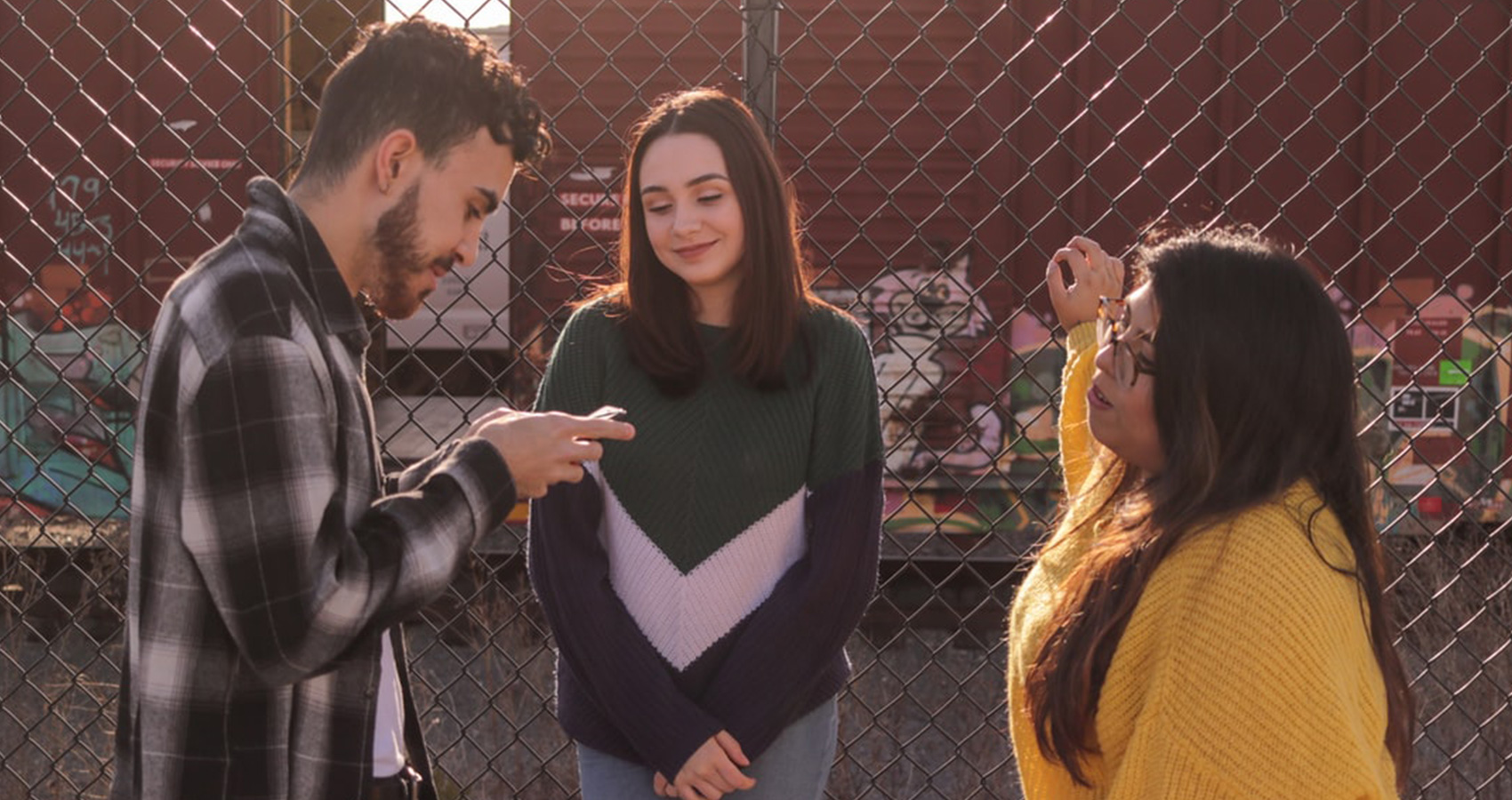
How do I stop caring if people like me?
Fake friendships in return for Instagram likes
A facade of obsessive interactions lead us to care deeply about our perception to others, despite the reality being that they probably don't care at all. Erin Brandel Dykhuizen, psychotherapist, expresses that it’s a natural human impulse to seek connection and approval. She references polyvagal theory, which posits that the least stressful way to re-regulate after a traumatic experience is to form bonds with others and seek reassurance from them. "It is important for our stress regulation to be around others that we see as sources of support, and in order to see others as sources of support or reassurance, we need to believe that they have a positive opinion of us." Plausible, those with more trauma seek approval the most.
Looking to our childhood for answers, is fundamental apropos to model beliefs about ourselves, delineates Erin. "If you received messages growing up that there was something wrong with you, or that you are worthless, that may make you very sensitive to whether or not people like you," she explains."Also, if you did not feel that a significant person in your life, like a parent or caregiver, thought you were special or important, you may really struggle to feel like people really like you," she says, adding that everyone, on some level, cares what other people think of them, but that people who care too much "may have a tendency toward low self-esteem and need validation from other people."
Desirability dictates life for many in despite of our ability to shy away from the truth. Erin says that this isn’t necessarily a negative trait. "Making some space for your desire to be liked can be helpful. It's really okay to want everybody to like you, even if you know it's impossible. So first honour that part of you that wants this, and then accept that it cannot be possible." Adding, she explains, people think of us less often than we believe. "We are all, for better or worse, the centre of our own universe, at least as our thoughts are concerned. The vast majority of people are not thinking of whether they like you or not," she explains.

Seemingly the most significant issue is the lack of realisation of innate worth that does not depend on others. Erin says that "learning to appreciate your own worth can be a matter of acting as if you have value, even if it's hard to believe. For people who struggle to feel valued, it may help to try treating yourself the way you treat others. Asking yourself, 'Would I say this to a friend?' when you find yourself judging yourself harshly can be a good way to start noticing the ways in which you discount your own worth." Needing to be liked is a obstacle that causes set backs; for one, it's human. It's a by-product of your experiences and a augury of your empathy. There is a fine line between depicting dismissal and being a pushover.
But it's a given ode that for some, niceness isn't always symbolic of acceptance; the more you suck up, the less they respect you. People love differently – just because your love language is bombarding someone with attention doesn’t mean the recipient has to appreciate it. Erin explains that a balance of our own and others needs is the eminent etiquette. You have no control over others perceptions. It's a difficult truth but the truth all the same, and sometimes the truth does hurt. Preservation of an important connection requires a looser hold, check in - just because someone isn't replying to your text doesn't mean they don't like you anymore. But if it’s a person you can lose if they don't give you the love you deserve or someone you fail to upmost trust, slowly denigrate yourself from the situation. Or at least try to.











